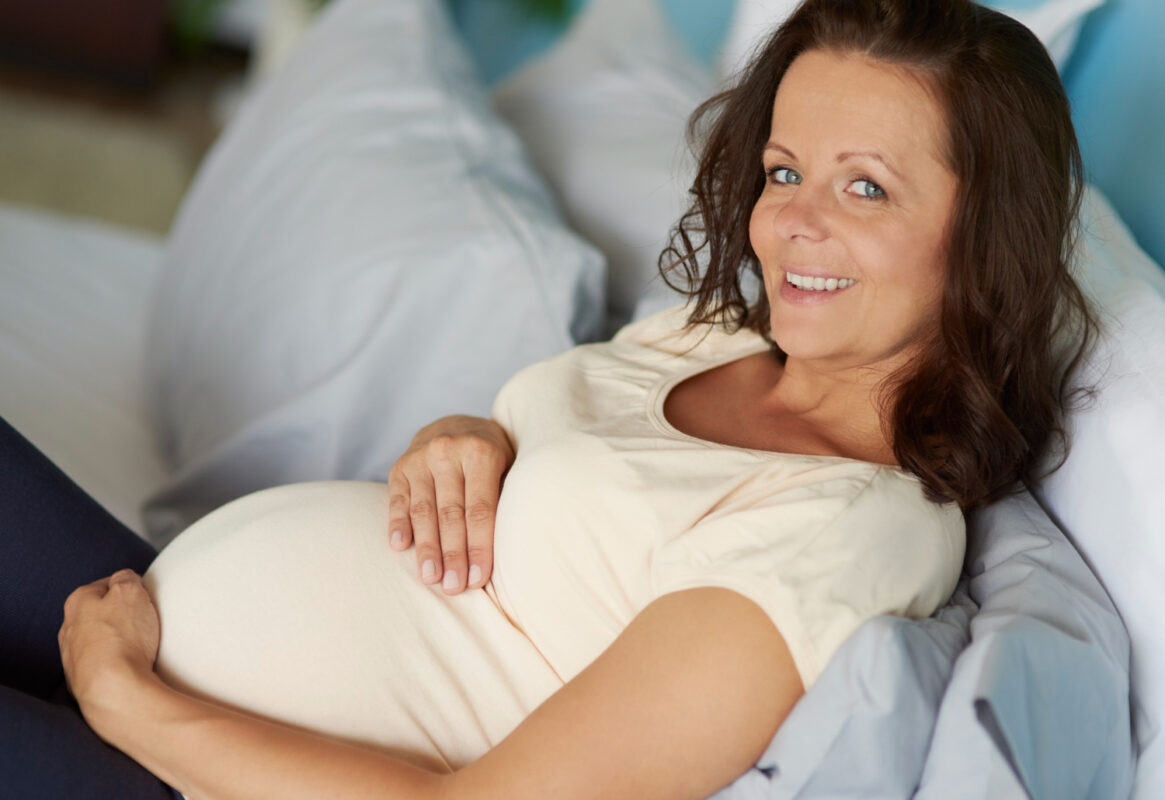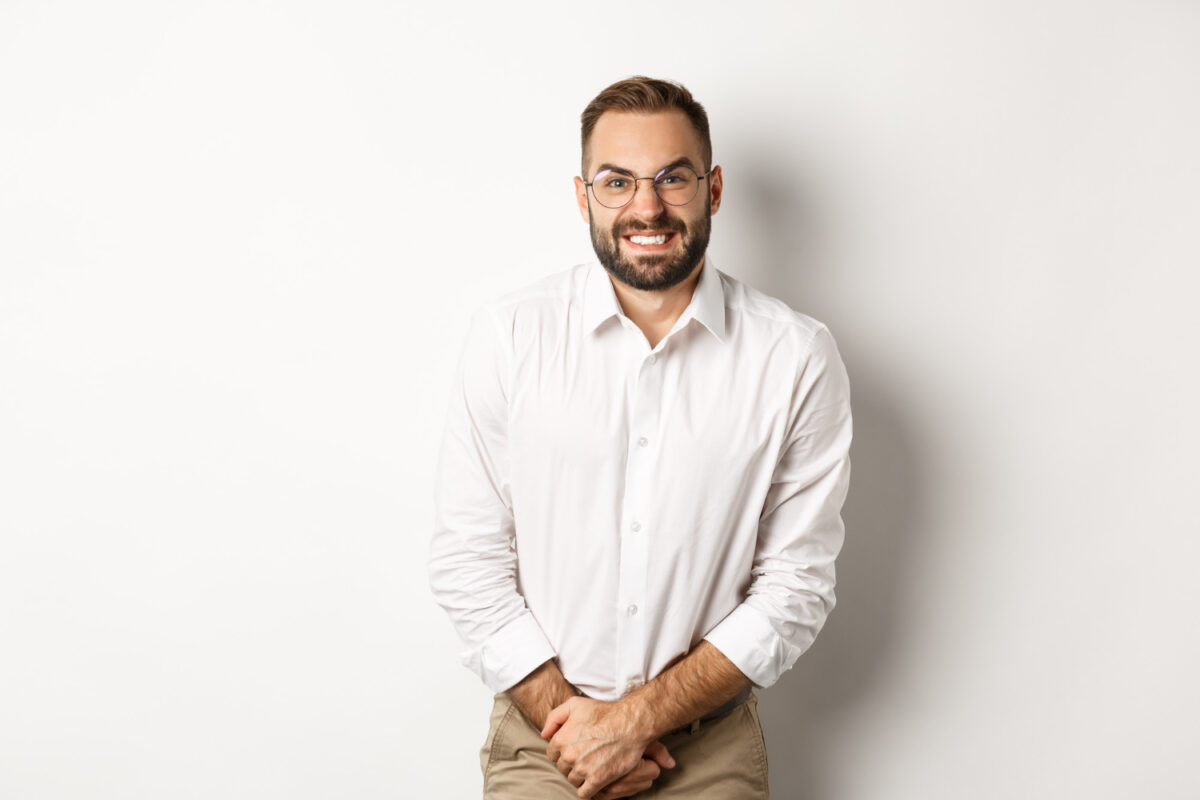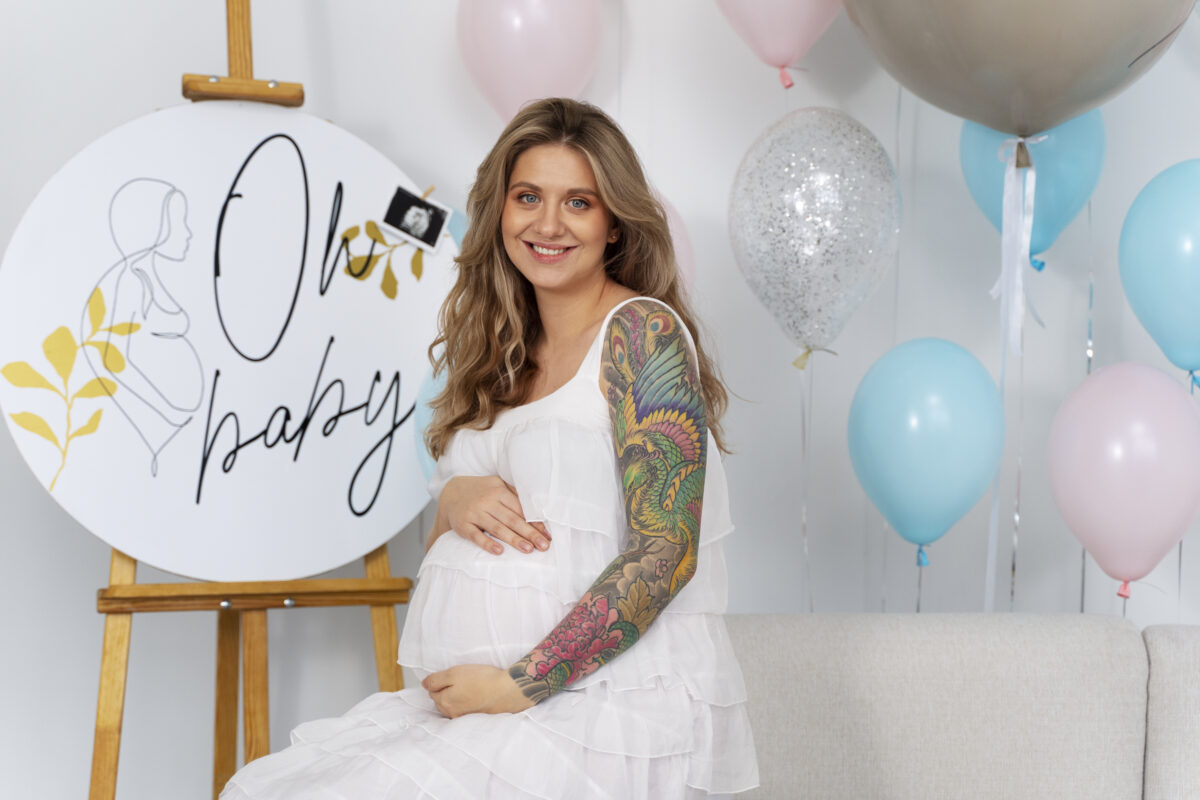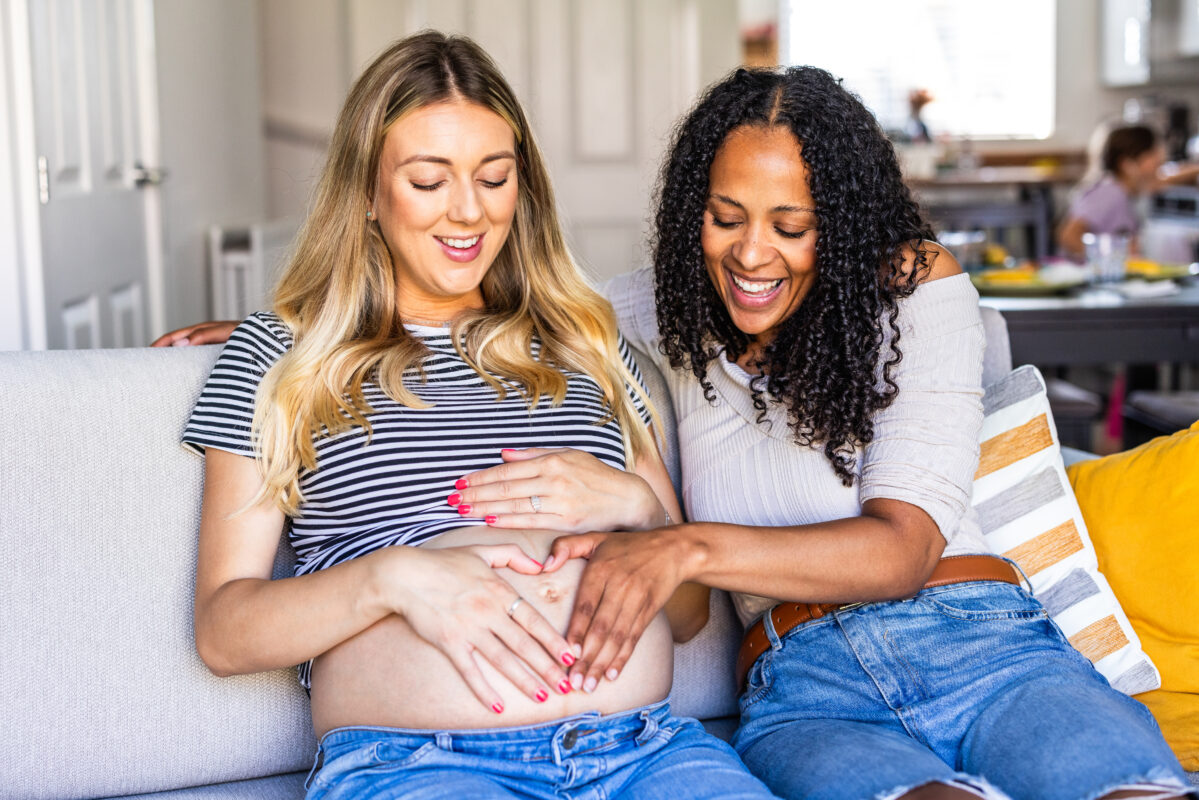By the time they reach 50, many women have dedicated a large part of their lives to growing professionally, healing emotional processes or living personal experiences and, for different reasons, they did not include motherhood. In some cases, the desire to have a child appears for the first time at this stage, while in others, it is a desire that has been present, but had not been able to materialize. The idea of becoming a mother at this age does not arise from a sudden impulse, but from a path of decisions, reflections and deeply personal circumstances.
Remember that biological time moves quickly, but emotional and social life does not always follow the same pace. That is why many women today wonder if it is still possible to gestate a child with their own eggs, or if there are safe and effective medical alternatives to achieve it. The good news is that advances in assisted reproduction have opened up previously unthinkable options, such as egg donation or in vitro fertilization, which can be adapted even to women who are already in the menopausal stage.
The truth is, they become the Super Moms, regardless of age.
However, it’s not just about what science allows. It is also necessary to understand what happens to fertility after the age of 50, what the real chances of achieving pregnancy are, and what aspects should be considered to make an informed, safe decision according to the physical and emotional health of each woman. Talking about motherhood after 50 requires sensitivity, clear information and, above all, respect for the history of those who want to try.
At Fertivida, a large number of our cases are in this age group.
It is essential to touch on the subject in the context of a specialized medical consultation, to understand the entire context in depth and clarify fears, doubts and detect limiting beliefs for the process. At Fertivida we love these cases.
What happens to fertility after 50?
From the age of 35, female fertility begins to decrease progressively. However, after the age of 45, this decline accelerates considerably. By age 50, most women have reached menopause or are very close to it, which means that their ovaries have stopped releasing eggs regularly or permanently. In addition, the ovarian reserve and the quality of the eggs are compromised over time, which reduces the chances of achieving a spontaneous pregnancy.
Studies published by the American Society for Reproductive Medicine (ASRM) indicate that the success rate of a natural pregnancy at age 50 with one’s own eggs is extremely low, with probabilities estimated at less than 1%. In other words, although biologically it is not impossible, the chances are minimal and the risk of complications increases considerably.
However, reproductive medicine has developed techniques that allow these possibilities to be expanded safely. The most relevant in these cases is egg donation, a procedure that uses eggs donated by younger women, usually fertilized through in vitro fertilization (IVF). This process allows a woman over 50 years of age to carry a baby with a healthy embryo, reducing genetic risk and increasing the chances of success.
How likely is it to achieve a pregnancy with egg donation?

When good quality donated eggs are used, the age of the recipient woman does not directly affect the embryo implantation rate. In fact, several international studies, such as the one published in Fertility and Sterility, show that success rates with egg donation in women between the ages of 45 and 50 can range between 40% and 50%, as long as the woman’s general health allows it.
In addition, keep in mind that with the use of techniques such as IVF and proper medical control, it is possible to reduce complications of pregnancy at an advanced age. However, it is important to note that not all clinics accept these procedures on women over 50 years of age. At Fertivida we perform these treatments up to the age of 55 under rigorous medical criteria and with prior evaluations of other medical specialties.
Factors to consider before trying to get pregnant at 50
In addition to the emotional part and the deep desire to be a mother, there are medical and social elements that must be carefully considered:
- General health: Chronic diseases such as hypertension, diabetes, or heart disease can pose risks during pregnancy and should be well controlled before starting any treatment. You will be evaluated by a cardiologist beforehand.
- Complete gynecological evaluation: it is essential to determine the state of the uterus and endometrium, as they are key factors for an embryo to be able to implant and develop.
- Emotional support and caregiving network: Raising a child requires physical, emotional energy, and a strong support network. It is important to think about the future, both personally and as a family.
- Professional accompaniment: fertility treatments at advanced ages must be accompanied by a specialized team that has experience in similar cases. A perinatologist, an obstetrician who is an expert in monitoring pregnancies with more control, will approve your case before starting.
It is also advisable to have a frank conversation with specialists to understand all the implications of the process and receive personalized guidance.
Being a mother after 50 is a real possibility thanks to reproductive medicine, but it is still a decision that must be made with information, accompaniment and full awareness of the challenges and joys it represents. There is no single way or the only correct time to be a mother; Each story is unique and deserves to be treated with care and respect.
At Fertivida, we believe that every woman has the right to explore her desire to be a mother with dignity, clear information, and professional support. If you are considering this possibility, we can accompany you on this path with a humane, medical and ethical approach.
It’s never too late to be a mom, if you still feel that desire from the bottom of your soul.
At Fertivida we are your Life company.





